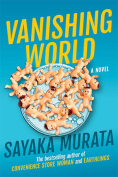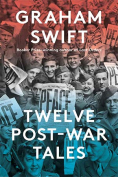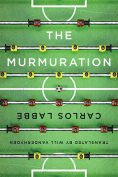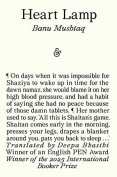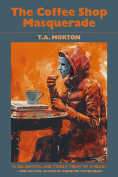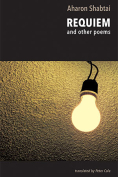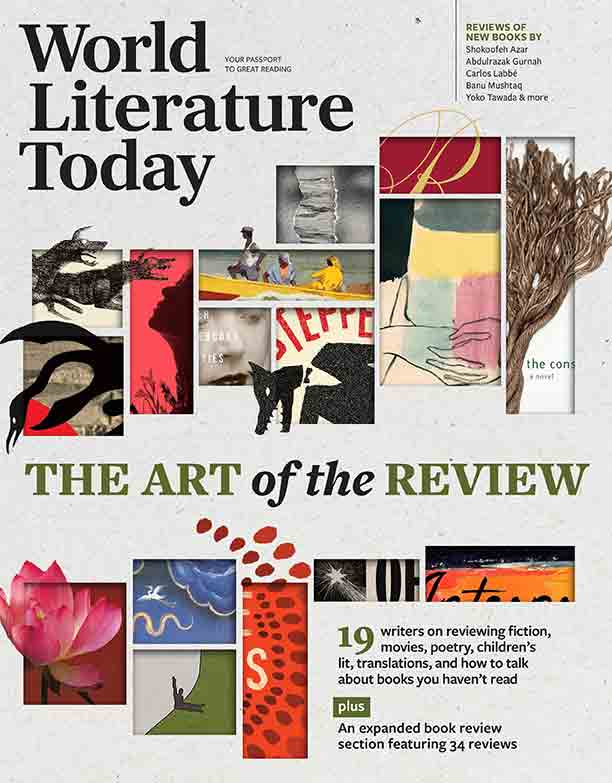1970: The Last Days by Sonallah Ibrahim
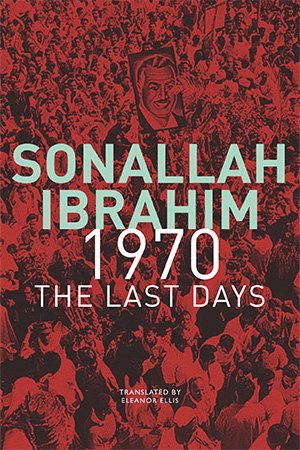
Calcutta. Seagull Books. 2024. 312 pages.
Some years ago, one of his compatriots approvingly described Gamal Abdel Nasser to me as “the first Egyptian to rule Egypt since Cleopatra.” Leaving aside the ethnic background of a woman whose descent and first language were Macedonian Greek, my Egyptian acquaintance at least illustrated the patriotic view of Nasser that, if Sonallah Ibrahim’s work of creative nonfiction is any guide, still obtains in Egypt. 1970: The Last Days represents a sympathetic portrayal of (to quote another anonymous commentator whose vivid phrase remains with me) “the first Egyptian to kick the foreigner in the teeth and get away with it,” a reference in context to the Suez Crisis of 1956, consistently referred to in 1970, with revealing partisan insistence, as “the Tripartite Aggression.”
Ibrahim daringly narrates Nasser’s career in the second person, the “you” being Nasser himself, relating his actions and his emotions as he performs them, and as he reacts to those of others, as if he were talking to his subject and reminding him of them. In practice, this works well enough, although, inevitably, one does sometimes wonder (“You tried to nap but couldn’t get those images out of your head”) how Ibrahim can know what he claims to know. This narration accounts for about half the book. The other half, interleaved with the first but set off in mock typescript, consists of extracts from contemporary sources, often newspaper headlines.
For this reader, at least, what is intended as panegyric comes across as quasi-official propaganda, humorless, lacking any sense of proportion or ambiguity, and leaving a distinctly unpleasant impression. Ibrahim’s Nasser is a loving family man and allegedly “sensitive to the plight and dreams of the poor,” but no friend of party politics, and not consistently opposed to brutality or even torture.
The counterpoint provided by the contemporary headlines, necessarily official in an unfree country, is dreary at best, with its unvarying reports of the actions of “martyrs” and the anniversaries of their deaths, and paranoid at worst.
M. D. Allen
Menasha, Wisconsin







